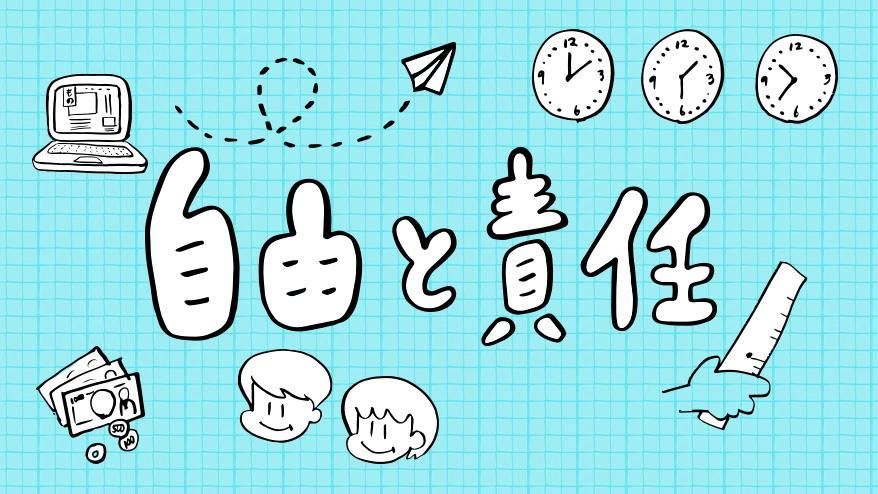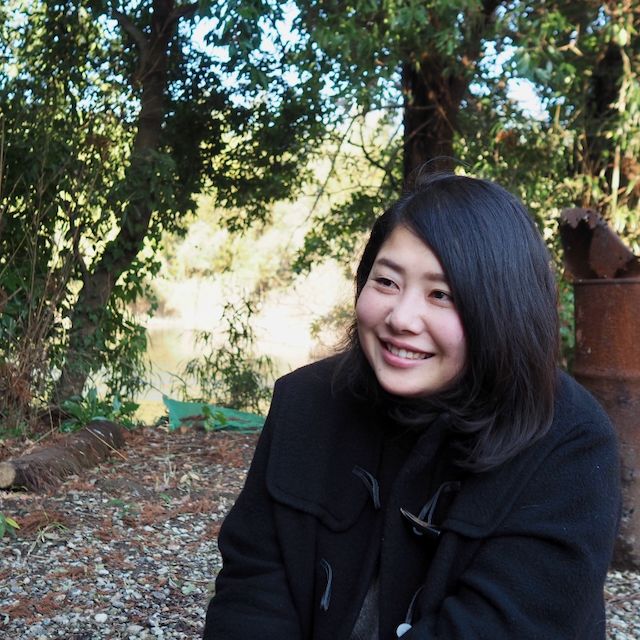Hello to everyone visiting the Monosus site.
My name is Nozomi Nakajima, and I run a job search website called Nihon Shigoto Hyakka . I was interviewed by Meguru Tasashi the other day, so some of you may have seen it.
I usually interview people for job hunting articles and hear about different ways of living and working. It was through my job hunting article that I met the Monosus people.
My first impression of Monosus was that they are people who seriously think about how they want to live their lives and put it into practice.
We have decided to completely change the system under which Monosus works and introduce a full flextime system.
The full flex system is a way of working where the company does not specify the time or days you work. There are basic rules, but you decide for yourself when you work.
What would actually happen if full flex was actually implemented? We decided to take this opportunity to explore this question from an outside perspective.
From "obligations and rights" to "freedom and responsibility."
The most obvious change is working hours, but it seems that what is also changing is the relationship between companies and employees.
In this first episode, we spoke to CEO Hayashi about the process that led to the introduction of the full flextime system.
The measure of my happiness
The measure of my happiness
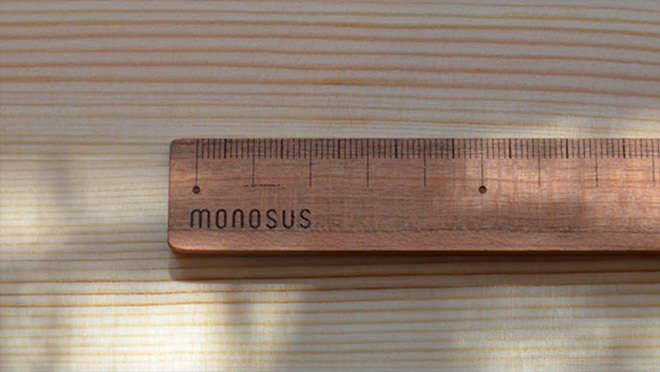
"The introduction of this system was decided after discussion among the three executives. To tell you my personal story, it goes back to when I was in elementary school."
This is going to be a long story. Thank you in advance.
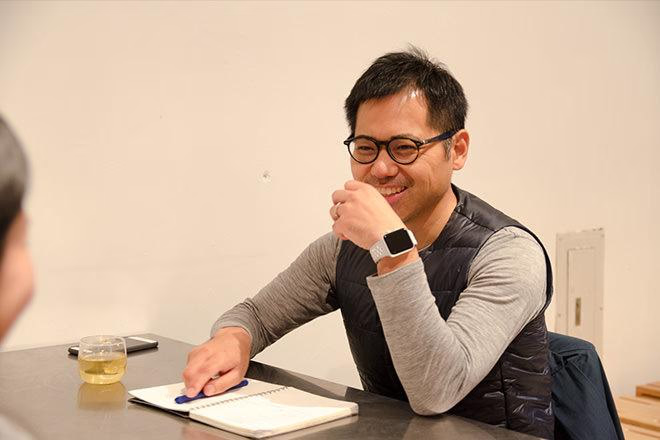
"Ever since I was little, I've been thinking about things like, 'What is a person?' and 'What does it mean to live and die?' I guess I want to know why people are alive."
"Also, I'm not particularly interested in world peace. Of course I want peace, but I don't really feel like I can have an impact on it. But I do want the people I have direct contact with to change their perspective so that they can be happy. I feel the same way about the people involved with the organization Monosus."
What first made Hayashi think about organizations was the men's choir he belonged to during his university days.
"It was a prestigious club, and a manly world. I don't know why I joined, but it was a time when its popularity was declining, so I desperately tried to liven up the club with my fellow members and pulled it forward. I gave it my all and graduated feeling fulfilled."
A great team was formed. Those days were fond memories for Hayashi. However, one day, several years later, while drinking with a junior colleague, he heard something he had never expected.
"'I was just dreaming back then.' That wasn't a compliment to me."
I thought that I had built a good team under Hayashi-san's leadership, but after the person who was leading the team left, that state of affairs did not last.
"When we were there, there were just a few people waving the flag and pulling the team along. So when we left, it seemed like the team came to a halt for a moment. I think we hadn't made any real organizational changes so that the organization would move on its own. I want to make use of that reflection at the company. I want to improve the individuals involved in the organization."
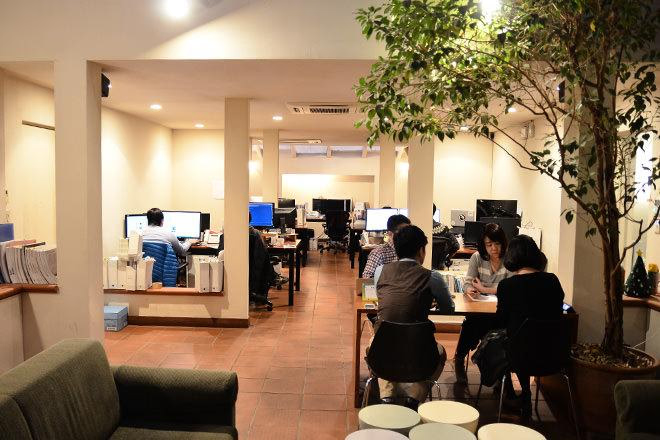
What kind of environment should we create to fundamentally improve individuals? This was the motivation behind Hayashi's founding of his company.
"I grew up in an extremely athletic environment, both at the club and at the company I worked for. Through that, I had the experience of feeling happy after accomplishing something. I think that's what happiness is. I think anyone can achieve that if they train hard enough."
"How can I make myself feel happy? To find out, I have to try everything thoroughly. My mindset is to just try my best."
Even if it is something you have no experience with, just do it to the end. As you receive praise from others and feel a sense of satisfaction, you will be able to find out what makes you happy and what your own measure of happiness is.
"I thought I should work as hard as I could to get the adrenaline rush that was the reward. But in the end, it became a black company. A lot of people quit. It was about four years ago that I started to realize that this wasn't the way to go."
How to earn and spend
Around the same time, while thinking about marketing, I came across a statistic about average annual income, which raised some issues.
"The average annual salary is becoming polarized between those earning over 8 million yen and those earning less than 4 million yen. Even in the industry as a whole, many of our members earn less than 4 million yen. At first, I thought about raising everyone's annual salary, but I realized that this alone is not enough."
In the web production industry, if you want to continue working as a creator on the ground, your annual income will plateau unless you are a famous person. In this situation, we felt that it was not like us to aim only to increase the annual income of everyone.
"Let's say we develop new services and sell them one after another to become a company that makes a lot of money. But if we do that, none of the members will feel like they've earned it themselves. It's like we're just dreaming. I was conflicted, because I felt like we could survive because we happened to be in this company."
When people leave Monosus after working there for a long time, I want them to think, "I'm glad I stayed at this company." When I thought about it, I realized that it's not enough to just make an effort to increase my income, but also to think about how to spend my money.
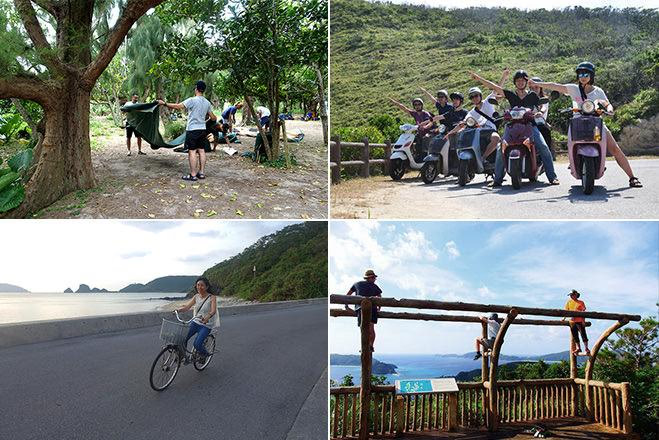
There are people who say they don't have money, but have trendy, expensive brand bags, or people who stop by a convenience store and spend 1,000 yen.
While some members spend their money on consuming things, during our visit to Kamiyama we saw people who not only consumed services but also lived rich lives without spending a lot of money.
I wonder if the people working in Tokyo are able to measure happiness by their own standards.
"As the ways of earning money become more polarized, I thought that the way people spend their money would also become more polarized. I thought that if we could think carefully about how we spend our money, our satisfaction with life would increase. That's how concepts like DIY were born."
Freedom and responsibility
DIY in the Tokyo office and creating an environment where people can work in Osaka, Kamiyama, and Thailand. Experiments to think about how to use money and time have taken concrete shape in the past few years.
While thinking about the relationship between companies and individuals, Hayashi came across a certain word during a business trip to Finland.
"The relationship between a company and an individual is one of freedom and responsibility. When I heard that, I realized that my company has a relationship of obligation and rights."
Duties and rights?
"We are fulfilling our obligation to work for the right to receive a salary. We are working hard out of a sense of obligation, not for ourselves, but for the company. In that situation, I realized that it would be impossible to find a measure of my own happiness. In order to shift to a relationship of freedom and responsibility, I thought that the company should take the risk and give away freedom."
What does it mean to give up freedom?
"The costs incurred by taking risks cannot be greater for things that have happened in the past, but we don't know how great the costs of things that will occur in the future will be. I feel that it carries more weight for the future than for the past. Many people use the obligations they have fulfilled in the past as an umbrella to assert their rights, saying, 'I paid this much, so give me this much.' In that sense, I think that rights and obligations are partly rooted in the past."
"On the other hand, freedom and responsibility are about the future. It is up to you to exercise your freedom, but it is also up to you to take responsibility for what happens. This makes you think about your own actions."
The company was just considering reforming its systems at the time, and the board of directors repeatedly discussed what the best way to create a balance between freedom and responsibility would be.
How to create a relationship of freedom and responsibility while complying with the law.
After thinking about it this way, we have now come to the conclusion that the introduction of a full flex system is the answer.
We decided to make the bold change to the system in January 2017. How was it?
"Everyone seems to be searching for their own rhythm. It seems like they're creating a good flow, but on the other hand, it seems like this method doesn't suit some kids."
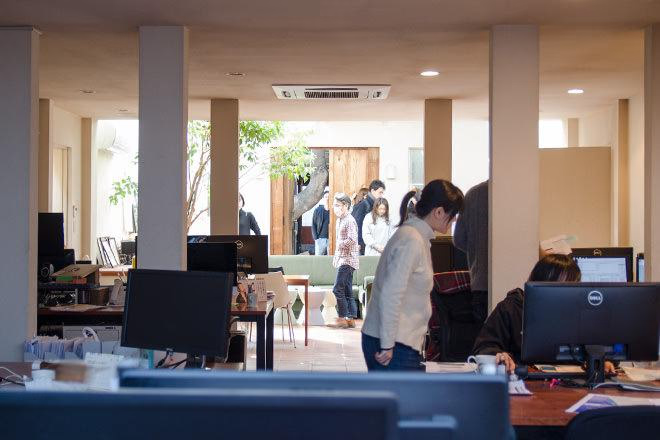
The morning scene before the morning assembly. People who arrive at work before 10am are participating in the morning assembly as usual.
I wonder how Hayashi himself feels about this.
"I've become more comfortable interacting with each of the members. Up until now, I've thought that I should just wait until I feel the adrenaline, but now I leave it up to each individual to decide how to approach things. I don't feel guilty anymore."
There are basic rules such as set working hours and number of days to work, but the company does not specify working hours or days of the week.
In your daily life, it is up to you to decide which time you want to apply for and claim from your company as "work" time.
"I think the basis of everything in life is time. The idea that a company should buy someone's time seemed strange to me."
"People are inherently free. I wanted everyone to realize that, and that's why I'm running my own company."
How will you use your time?
When you hear about freedom, it sounds dazzling, but when you actually get it, it seems like it's something you can't handle well unless you think about it. Because of that, it becomes a relationship where you're valued more as a person, not just in terms of time.
Monosus' full flex system is still in its infancy.
There are good things and bad things. From now on, I would like to explore the situation of this experiment by talking to people who actually work there.
Here are the basic rules of the full flex system that Monosus has actually implemented.
[Basic rules]
- You are free to choose your working hours and days.
- There is no concept of arriving late or leaving early. Break times are also flexible.
- If the hours worked exceed the set number of hours per month (estimated as 168 hours: 8 hours x 21 days), overtime will be paid.
- If you work less than the required hours in a month, you can have your salary deducted for the missing hours or use paid leave to make up the shortfall.
- In principle, late-night work (from 10 p.m. to 5 a.m.) and work exceeding 12 hours a day are prohibited.
- In principle, please work at least 4 days a week. (Monosus recommended rule)
- You are free to work on weekends and holidays, but you cannot work 7 days a week (7 consecutive days). You must take at least one day off per week.
- When setting your own working hours and holidays, work with relevant parties inside and outside the company to ensure that your work is not disrupted.
